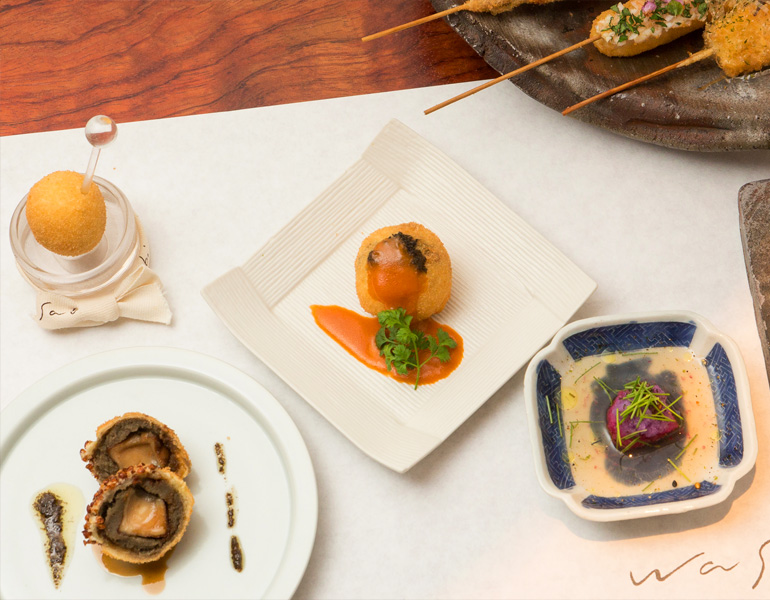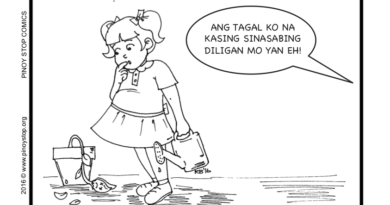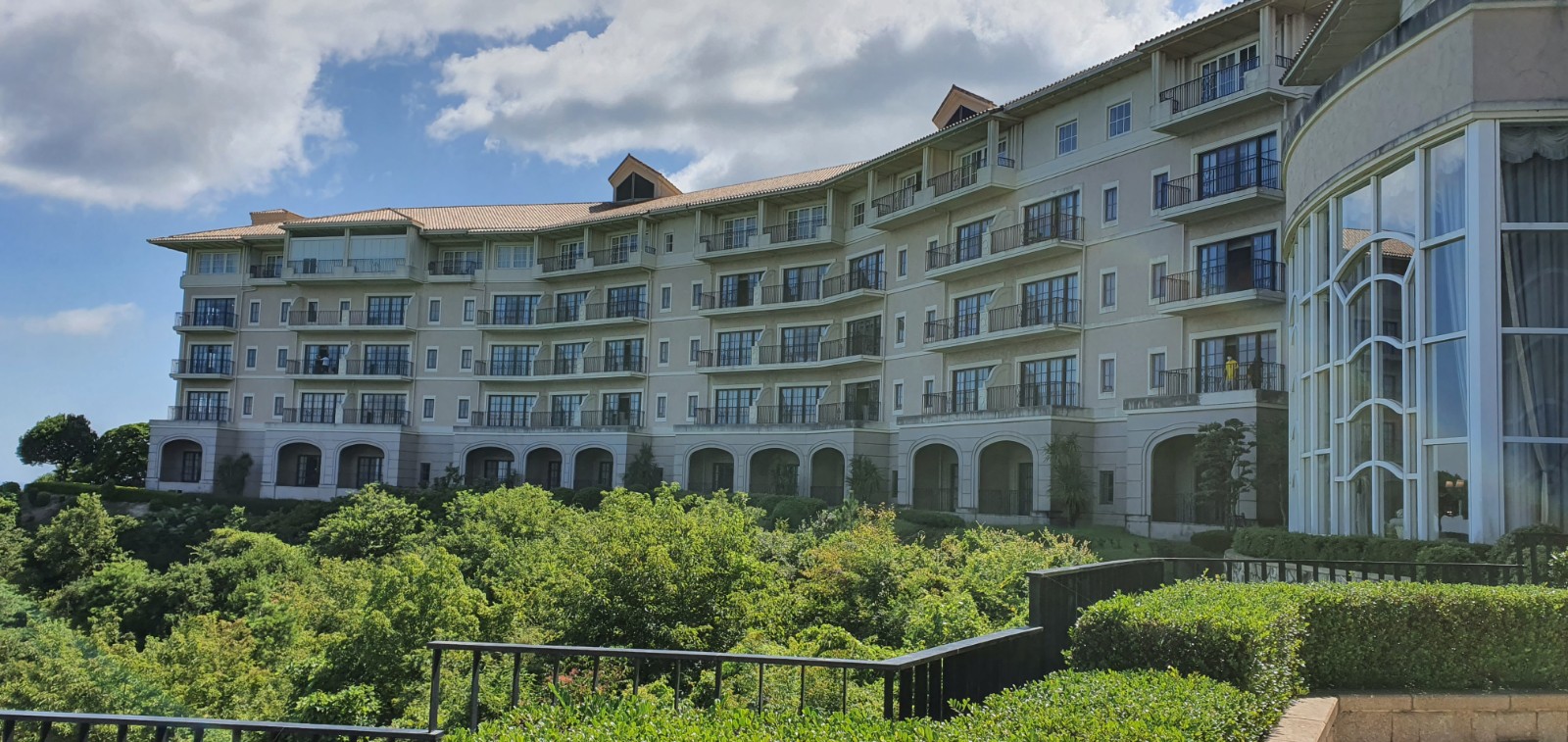

This is a symbol of Metkayina's deep connection to water, which is her second home. It takes place in shallow water, and the Tsahìk helps the mother give birth to a child that emerges directly from the womb into the water. This a highly symbolic birth ritual that takes place with the participation of the entire clan. One of their rituals for newborns is known as First Breath. Members receive their first tattoo after they complete all of their rites of passage into adulthood. The Olo'eyktan has the most intricate tattoos within the clan, spanning much of their body. The tattoos are considered a gift both from Eywa and the clan and are created with inks from special animals. Thus, a hunter of the deep sea has densely tattooed arms and less on their chest. Arm tattoos represent the more exposed protective shield of the seawall. The locations of each tattoo carry a symbolic meaning: tattoos over the heart and chest symbolize the safe embrace of the central island. All of the tattoos are unique to the individual and chronicle their life. The clan, like other reef clans, practices the art of tattooing.

They use Na'vi Sign Language to communicate with each other underwater, as well as with the tulkun. During combat, skilled hunters of the Metkayina ride the skimwing taming one is also a rite of passage into adulthood, similar to how some mainland Na'vi clans must tame an ikran as they come of age. They have also domesticated ilus, using them as a mode of transport across the Pandoran oceans, much like direhorses of terrestrial Na'vi. The Metkayina consider them to be their siblings, with each member having a tulkun "spirit brother/sister", and share their religion. The Metkayina have a close relationship with tulkuns, sentient, whale-like creatures of Pandora, and are able to communicate with them. The Cove of the Ancestors is an area sacred to the Metkayina and houses their primary sacred site, the Spirit Tree. The islands of the Metkayina and the waters surrounding them are home to many unique specimens of fauna and flora, such as the dorado verde, pincer fish, and papa mantis tree. The main village of Awa'atlu has small docks for canoes, a centralized ilu pen and communal areas for gathering, eating and the telling of tales and singing of songs.

Structures are constantly renewed but seldom replaced. Some of the Metkayina villages have existed for thousands of years. Massive seawall terraces, similar in appearance to travertine terraces, guard the villages from strong waves and provide an easy place for the clan to fish. These homes hang directly above the water presumably for easy access for swimming.

Their homes are marui pods which are built into the roots of mangrove-like trees spanning the islands. 🤲 Tap on a word or hover with mouse on desktop for word-by-word translation of Surah Rahman.The Metkayina live along the shores of the Pandoran oceans, on islands or near the mainland. 🤲 Explore Tafsir by visiting the individual ayat pages. 🤲 Change audio playback speed if you want to read a little faster. Minimize audio player for more screen space. 🤲 Auto-scroll feature: Press play and the ayah will automatically be highlighted and the screen will scroll to give the correct position. 🤲 You can listen to the MP3 audio of Surah Rahman with the beautiful recitation by Mishary Al-Alfasy. 🤲 Understand the Qur’an with various respected English translations. 🤲 Not strong in reading Arabic? Read with transliteration to help you with the pronunciation. 🤲 Here you can read Surah Rahman in Arabic text. Our mission is to make it easy to read and understand the Qur’an. In accordance with a hadith, Abdullah ibn Mas’ud (RA) reported that Muhammad (ﷺ) said, “Everything has an adornment, and the adornment of the Qur’an is Surah Ar-Rahman” Surah Rahman states the gifts of Allah that has been given to this world, to us. Throughout the Surah the ayat, “Fabi ayyi aalaaa’i Rabbikumaa tukazzibaan” is repeated 31 times and translates to “Then which of your Lord’s blessings would you both deny?” This Surah lists many blessings and favours that Allah has bestowed for us.


 0 kommentar(er)
0 kommentar(er)
